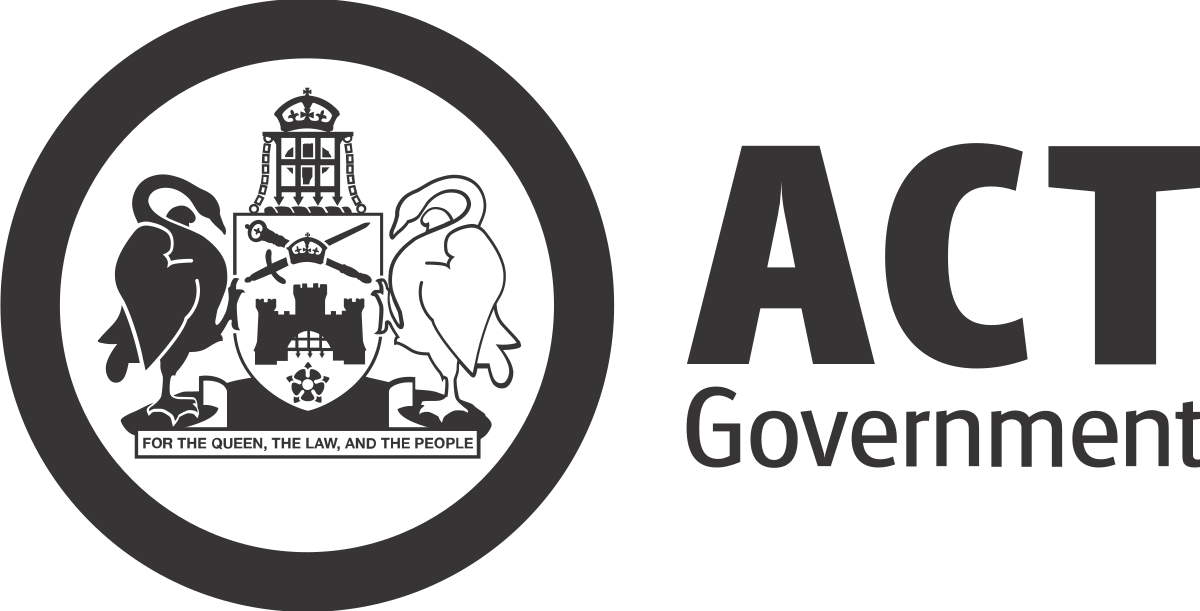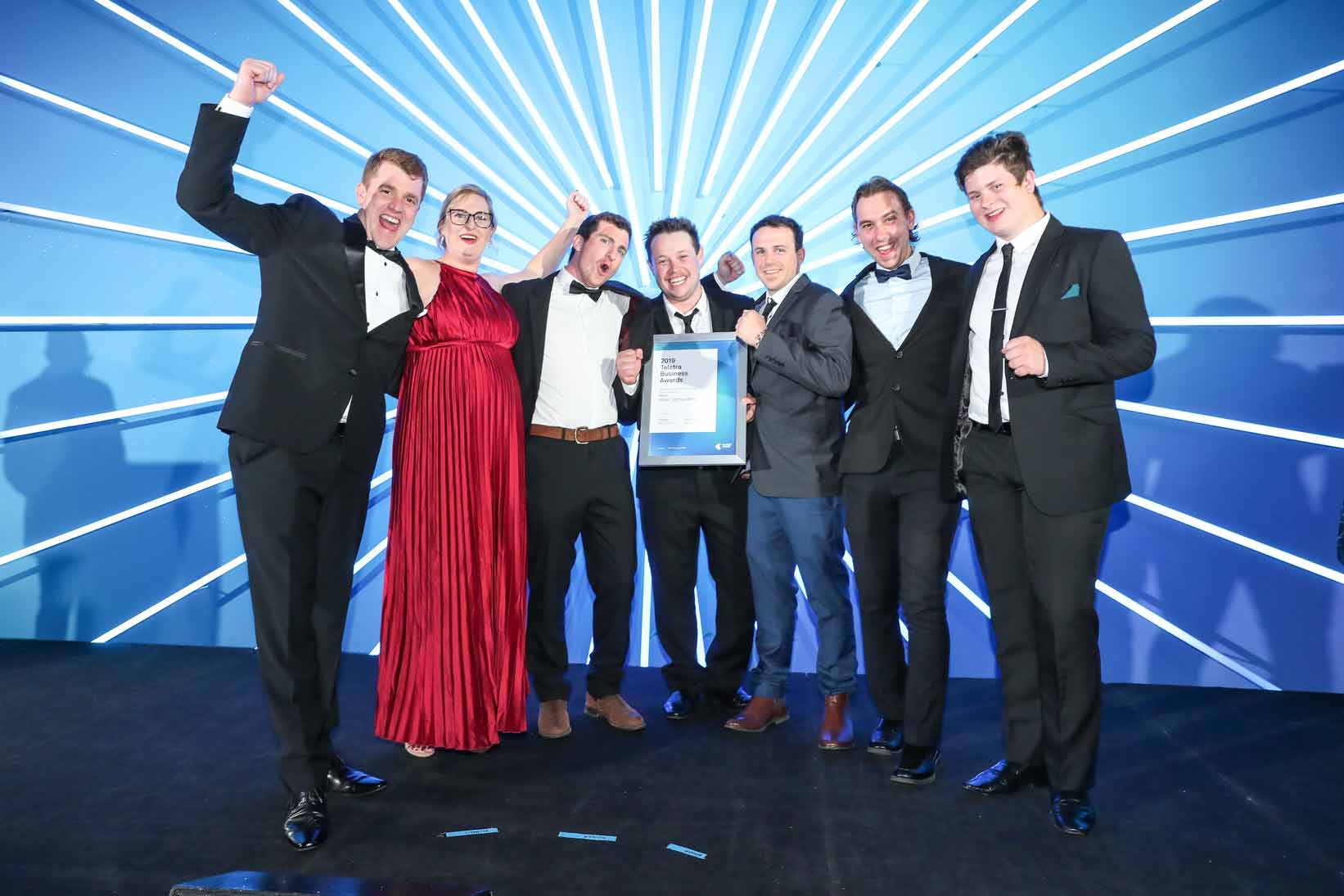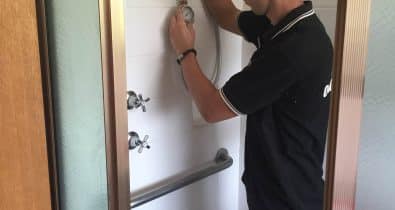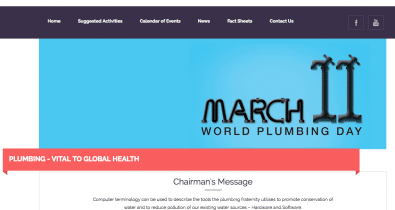There is no doubt about it, toilets have moved into the 21st century, or at least Western culture is finally catching up with our foreign friends who have been using water to wash for many centuries.
There are many reasons people choose to use bidet toilet seats or douche sprays. Whether you choose to use one for cleanliness, hygiene, comfort, environmental factors, independence, mobility or disability assistance, or because you don’t want to a catfight with your neighbor in the toilet paper aisle next time the world goes crazy and we head into a lockdown.
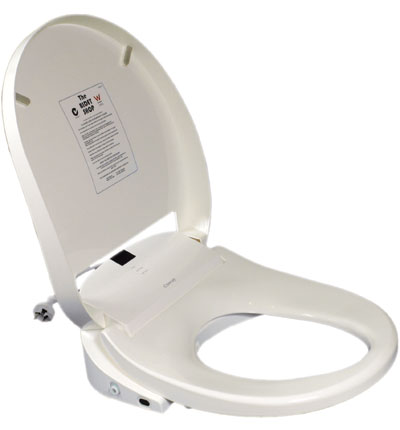

This blog post is not intended to go into these benefits of the systems, but to educate you on the legal requirements when a bidet toilet seat or douche spray is installed in Canberra.
When a bidet toilet seat or douch spray is installed there becomes a risk of contamination of the potable (drinking) water supply. This risk could affect both your internal home’s water and even extend to your suburbs street water mains. To protect the drinking water, testable backflow prevention must be installed to reduce the likelihood of this occurring. This is legally required by the ACT Government and Icon Water. Fines can apply when adequate backflow prevention is not installed.
The most common form of legally required backflow prevention used for bidet toilet seats and douch sprays is known as a Reduced Pressure Zone Device (RPZD).
An RPZD has to be installed before the connection of the bidet seat or douch spray, therefore preventing any possibility of contamination of the drinking water.


Depending on your existing home layout, this can be as easy as running a pipe through the wall to outside, installing the valve, and then running it back inside.
The average additional cost (at the time of writing this) for the installation of a testable backflow device in Canberra is between $750 and $1000 on top of the installation of your bidet seat/douch spray, however, this cost could be increased for complicated installations.
It is also worth noting that once installed, these devices require ongoing testing and maintenance, on average, costing up to $200 per year.
Most people after reading this will no doubt be a little dismayed if they did not already realise the costs associated with the legally required backflow prevention. Past users of these systems will likely be well aware that this cost is well worthwhile for the end result. If you have not used one before, moving your toilet into the 21st century has major benefits to your health, comfort and independence. We have never installed one and had a customer report back to us that the entire system did not live up to their expectations.
For more information on the legal requirement of testable backflow prevention in Canberra, please see Access Canberra’s website and open the Installation of toilet seat douche outlets and flexible hoses tab.
Some seats and sprays come with a dual check valve. It is worth noting that these do not meet the legal backflow prevention requirement and offer minimal long-term protection.
Where to from here.
Water Tight Canberra can attend to your home and assess your existing infrastructure. If you proceed with the installation, there is no charge for this, however, if you decide it is not for you, there will be a minimum technical assessment fee of $246
To book an appointment with a friendly plumber, please click here book online.

